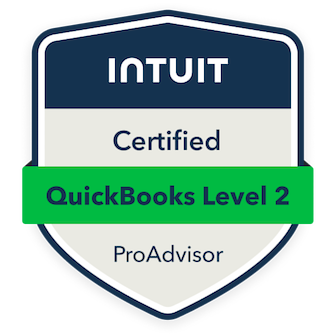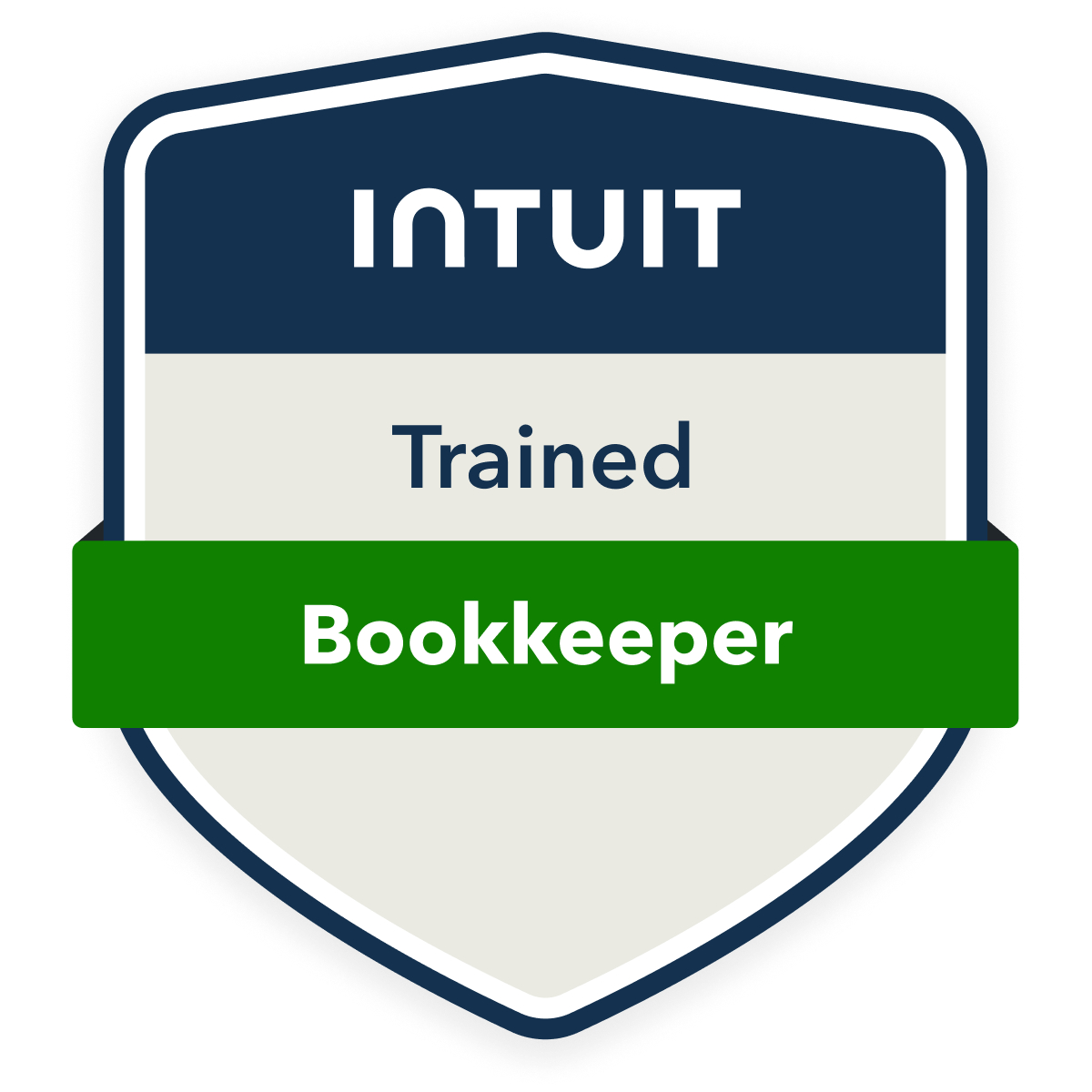
Bookkeeping Services For Airbnb and VRBO Hosts
Being a host is hard enough. Let’s help you with year-round bookkeeping so your records stay accurate and tax ready without the extra stress.
Why Accurate Bookkeeping Matters for Airbnb and VRBO Hosts
Financial Clarity and decision making
It gives you a precise view of cash flow, profitability, and where capital is going so you can strategize confidently rather than guess.
Tax readiness and compliance
Ensuring that flipping income is accurately reported for Schedule C accuracy, clean books reduce audit risk and ensure deductions aren’t missed.
Compliance and investor trust
Meticulous bookkeeping helps you stay compliant, clear, and credible to partners, lenders and creditors.
STR Tax Loophole
Keep excellent track of your Airbnb and VRBO average guest stay lengths and material participation hours.
Core Services
✔️ Airbnb and VRBO payout reconciliation
Track gross earnings, host fees, cleaning fees, and occupancy taxes
✔️ HUD/ALTA/Closing Disclosure Settlement
Accurately record each entry on all acquisitions and dispositions
✔️ Conventional, hard money and creative finance tracking
Keep meticulous records for all loans including draws, interest and points
✔️ CapEx vs. OpEx
Separate routine maintenance from long term improvements for accurate taxes
✔️ Property Level Profit Tracking
See how each rental property performs for clear visibility into P&L per unit
✔️ Record and Reconcile all Bank and Credit Card Accounts
We will track every transaction on your business bank and credit cards
How It Works
Step 1: Connect all accounts
We will help you connect all business bank accounts and credit cards. We will manually track all loans and creative financing.
Step 2: Categorize transactions weekly
We will enter your QuickBooks account on a weekly basis to clear the bank feed. We will ask questions while information is fresh.
Step 3: Reconcile Airbnb and VRBO
We will review your Airbnb and VRBO payout platform reports and capture all earnings, host fees, cleaning fees, and occupancy tax.
Step 4: Report monthly
We reconcile your accounts monthly. By the 10th business day of the month, you will receive updated Profit & Loss and Balance Sheet.

Heavy Hitting Testimonials
The Ultimate 2025 Tax Cheat Sheet for Short Term Rental Owners
By entering your information, you’ll receive this free resource and be subscribed to receive occasional marketing emails from Check Bookkeeping. You can unsubscribe at any time.
Airbnb and VRBO Host Bookkeeping FAQs
1: How do you reconcile Airbnb and VRBO payouts?
The main goal is to ensure that your bookkeeping records match the Airbnb 1099-K.
The Airbnb 1099-K will be a tax form you will receive by January 31st of each year. This will indicate your total income earned on the Airbnb platform. You will need to ensure that the amount on this form matches you bookkeeping records in order to file your taxes.
Airbnb and VRBO do not allow external accountant users for their platform. As such, each month, we will ask you to download the following reports so we can reconcile your short term rental bookkeeping.
Airbnb Gross Earnings Report
VRBO Payout Summary Report
2: How do you separate cleaning fee vs rental income?
We carefully map all components of each payout. This is important because you want to ensure that you numbers help you make better business decisions. Here’s what we do at Check Bookkeeping.
Airbnb: Using Airbnb’s Gross Earnings Report, we gather all of the payout information to separate them into buckets:
Airbnb Accommodation Income
Airbnb Cleaning Fee Income
Airbnb Host Fee Expense
Airbnb Occupancy Taxes Liability
Airbnb Additional Service Fees
We ensure that all numbers are allocated to your appropriate short term rental property.
VRBO: Using VRBO’s Payout Summary Report, we gather all of the payout information to separate them into buckets:
VRBO Gross Accommodation Income
VRBO Host Fee Expense
VRBO Additional Service Fees
VRBO bundles all income, including cleaning fee income, in one number. As a result, we do not separate out cleaning fee income for our VRBO clients.
VRBO does not provide information on the amount of taxes they remit on your behalf. As such, we do not track these automatic VRBO Occupancy Tax Liabilities.
3: How are occupancy taxes handled for Airbnb hosts?
Airbnb collect taxes from occupants and remits taxes to agencies on your behalf, but it’s important that you review and ensure this is the case. There are some locations that are exceptions and the host may be required to manually remit.
Please check the Airbnb website frequently for the latest on tax handling for your jurisdiction, as there are always updates. If you find that your rental is in an area where some taxes are not being automatically remitted by Airbnb, we would recommend that you invest in an automated tax platform to take care of this for you. You can look into Avalara MyLodgeTax.
We do not remit occupancy taxes on behalf of our clients.
4: What counts as CapEx vs. OpEx?
We follow IRS de minimis safe harbor: items under $2,500 (or $5,000 with audited financials) are expensed (OpEx). Larger transactions are evaluated to determine if they’re CapEx or deductible repairs.
Anything above these amounts or anything that doesn’t meet the rules, must be evaluated under standard IRS criteria for capitalization versus repair/maintenance.
We will follow all guidelines put forth by the CPA or tax professional.
5: Can you allocate costs across multiple properties?
Yes, we can allocate transactions in general accounts to the property they belong to.
We recommend that you maintain separate bank accounts specifically for each established Rental Property LLC to ensure that you maximize your limited liability protections.
6: Do you handle portfolio loans across units?
Absolutely. We will create the full portfolio loan liability on the Balance Sheet and attribute portions of the loan using Location/Customer tracking. We will pay down the loan we will allocate payments and interest expenses to the appropriate property.
7: How do you prep year-end for my CPA?
If you opt for a higher tiered package, we will proactively connect with your tax professional.
If you have an extended tax return due, we will connect with your tax professional in July and August to ensure the return is ready.
We will connect with your tax professional again in October to ensure that your tax professional has all they need to get ready for the following year.
At year-end, we will do the following:
Provide temporary access to the Secure Client Portal
Provide updated Profit & Loss statement for each business entity
Provide updated Profit & Loss statement for each rental property
Provide updated Balance Sheet for each business entity
Provide updated Balance Sheet for each rental property
Process any adjusting journal entries requested by the tax professional
Provide updated General Ledgers
Airbnb and VRBO 1099-K reports in January (client provided)
8: Do you book HUD, Closing Disclosure, and ALTA statements?
Yes, we will ask for all of your property statements and go line by line to ensure that we accurately record each asset acquisition, rehab cost, holding cost, closing cost, and disposition.
We will work with your tax professional or review the Asset Schedules to ensure that the Land, Buildings, Closing Costs, and CapEx amounts are clearly separated.
We will capture any loan financing costs for origination of loans on the balance sheet to property amortize over the life of the loan.
9: How do you handle rental deals purchased using hard money loans?
We will ask you to provide us to view-only access to the lender’s portal in order to retrieve all origination, finance and statement documents pertaining to the loan. If you cannot provide view-only access, we will request statements each month in order to capitalize all appropriate loan costs.
10: How do you track expenses and ROI for long term repositions?
We allocate reposition, maintenance, and depreciation cost per property and compare it to long term rental income to provide accurate ROI and profit analytics.
11: If I have a Cost Segregation Study (“Cost Segs”), will you help me record it in my bookkeeping?
Yes, we will have this item on your onboarding checklist. We will ask for your Cost Segs study so we can ensure that it is accurately reflected in your bookkeeping records and Chart of Accounts. We separate each item into it’s appropriate capital expenditure (CapEx) account based on depreciation schedules. We will work with your tax professional to ensure that it’s accurately reflected for tax planning purposes.
12: Do you separate long term rental (LTR) vs short term rental (STR) income and expenses?
We recommend keeping long term rentals (LTRs) and short term rentals (STRs) in separate bookkeeping categories. During onboarding, we’ll integrate all of your business entities and rental assets into QuickBooks Online to accurately track your rental portfolio.
Under IRS rules, income from short term rentals (STR) is typically considered active income when you materially participate in the rental activities.
In contrast, income from long term rentals (LTR) is generally classified as passive income, unless you're a real estate professional, and subject to passive activity rules.
That distinction is crucial because the IRS often limits deductions for passive activities, but active STR income allows for full deduction of losses when you've met the participation criteria.
Keeping these income sources separate in your bookkeeping is essential for accurate financials and tax preparation.
We will guide you through structuring your QuickBooks Online setup with clarity to ensure your rental portfolio is tracked properly and confidently.
13: Do you handle bookkeeping for 1031 Exchanges in rental portfolios?
Yes, we specialize in structuring your QuickBooks Online so that 1031 Exchanges are accurately tracked and compliant.
We will record your HUD or Closing Disclosure to record the relinquished asset. We will follow your 1031 Exchange Escrow documents property record the deferred gain in a 1031 Exchange Escrow account on your QuickBooks Online.
14: How are occupancy taxes handled for VRBO hosts?
VRBO collects taxes from occupants and remits taxes themselves, but it’s important that you review and ensure this is the case in the jurisdictions that you are renting units out in. There are some locations that are exceptions and the host is required to manually remit.
Please check the VRBO website frequently for the latest on tax handling for your jurisdiction, as there are always updates. If you find that your rental is in an area where some taxes are not being automatically remitted by VRBO, we would recommend that you invest in an automated tax platform to take care of this for you. You can look into Avalara MyLodgeTax.
We do not remit occupancy taxes on behalf of our clients.
15: How much does bookkeeping cost for Airbnb hosts?
Pricing varies and is determined after our 30 Minute Discovery Call and a review of the overall business complexity. We factor in the number of doors/properties, transaction volume, and services needed.
You will receive a detailed custom quote within 24 hours after our discovery call.
Click the button below to book a call!










